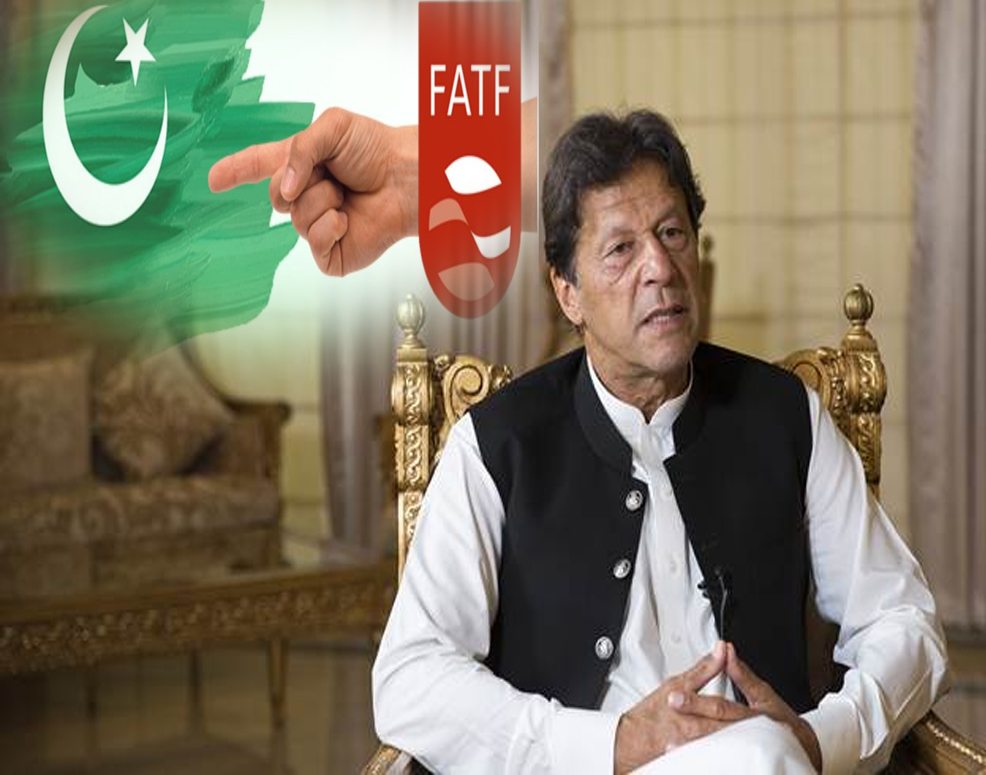"Economy Going into a A Tailspin," says Nobel Winner

[Edited By: Gaurav]
Tuesday, 15th October , 2019 05:20 pmIndian-American Abhijit Banerjee, who jointly won the 2019 Nobel Economics Prize with his wife Esther Duflo and Harvard's Michael Kremer, said on Monday that the Indian economy is "doing very badly" even as the government is increasingly recognising that there is a problem.
"The economy is doing very badly in my view," he told a press conference at the Massachusetts Institute of Technology after winning the prize.
When asked about his opinion on the state of the economy in India and its future, he said, "That's a statement not about what will work in the future but about what's going on now. That I'm entitled to have an opinion about."
Referring to the numbers put out by the National Sample Survey, that come out every 1.5 years and give estimates about the average consumption in urban and rural areas in India, Mr Banerjee said, "the fact that we see in that is that between 2014-15 and 2017-18, that number has slightly gone down. And that's the first time such a thing has happened in many many many many many years so that's a very glaring warning sign."
Mr Banerjee, 58, and French-American Duflo both work at the Massachusetts Institute of Technology (MIT) while Kremer is at Harvard University.
In 2003, Mr Banerjee founded the Abdul Latif Jameel Poverty Action Lab (J-PAL), along with Duflo and Sendhil Mullainathan, and he remains one of its directors. He also served on the UN Secretary-General''s High-level Panel of Eminent Persons on the Post-2015 Development Agenda.
J-PAL, a global network of antipoverty researchers that conducts field experiments, has now become a major center of research, backing work across the world.
Walking into the press conference to a round of applause and standing ovation, Mr Banerjee in his opening remarks said that it is "wonderful" to get the Nobel Prize "because it''s a prize not, I think, for us, but also for the entire movement."
He said about 400 professors are associated in some way with J-PAL''s work and are doing randomised control trials on issues as diverse as US school in the Appalachia to governance problems in Indonesia, getting children immunised in India and getting children under bed nets in Sub Saharan Africa.
"So, this is a movement that, in some ways, we are kind of the beneficiaries of. I think it''s still going to be wonderful for the movement that this prize was given because I think it''s going to make it a little easier to penetrate the many doors that you know are half-open to us or not quite open to us and hopefully bring the message of policy-based on evidence and hard thinking to many other places as well," he said.
When asked how does he feel about being the sixth Nobel laureate from Kolkata, he said "I assume they''re all much more distinguished than me."
On what he hopes to do going forward, he said, "to be honest, we hope that we will get to do more of the same. I think we''re actually quite excited about what we are doing. This was not work that we did a long time ago, we''re excited about what we''re doing now and it''s fun. We''re learning new things. I''m really excited to look at the results from our latest intervention."
"So I think what I hope this will do is just open more opportunities to do more inventive things, but I don''t expect to do something entirely different. I think I''m content with what I''m doing and enjoying it very much," he said.
Latest News
-
2-Doxy-D is a game-changer drug - discovered by sc
-
UP Covid News: Recovery rate rises 86 percent in U
-
Big B orders 50 oxygen concentrators from Poland,
-
Today is Akshay tritiya-PM Modi and Akhilesh yadav
-
Kanpur health department doing preparations to fig
-
UP Govt. must be held accountable for "failing" it
-
16 doctors in Unnao UP resign yesterday but retrac
-
Vaccine is safety cycle against corona pandemic-CM
-
Life of every person is priceless,rescue is the be
-
Kanpur Municipal Corporation will make dust free K
-
Corona vaccination: UP government withdraws the de
-
UP Government should follow the orders of Highcour
-
Uttar Pradesh-IG roaming in the city without the u
-
PM, take off those pink goggles, by which nothing
-
Rahul Gandhi's counterattack on BJP Government’s s
-
Happy international nurse day-PM Modi, Rahul Gandh
-
Online food delivery and liquor shops can open the
-
Egoistic BJP should work in public interest instea
-
High court directed UP Government to make a Covid
-
Isolation rooms to be built in industrial units, a
-
WHO has appreciated the effort of the Yogi Adityan
-
Brother is forced to carry his corona afflicted br
-
Lucknow- Free auto service for covid patients
-
Lucknow-Defense Minister and CM Yogi inaugurated
-
Wine shops opened in kanpur
-
Kanpur: oxygen demand 50 percent decrease as infec
-
Kanpur Crime Branch Police arrested 2 accused of i
-
Kanpur police's initiative to prevent corona infec
-
CM Yogi inspected the community health center in c
-
Corona's third wave: IIT professor claims not to c
World News
-
American president Appoints Two More Indian To Key
-
Arora Akanksha an Indian running for United Nation
-
Brazil thankes india with hanuman after receiving
-
Toronto protest against Indian citizenship law as
-
One-Of-A-Kind Wedding: After Groom's Father Gets A
-
Kim's Horse Ride On Sacred Mountain Hints At "Grea
-
Chinese President’s India visit on track, confirms
-
'Howdy Modi' event 'win-win' situation for Modi an
-
Malala urges U.N. to help Kashmiri children go bac
-
Rocket blast at U.S. Embassy in Kabul on 9/11 anni
-
PM Modi launches $4.2 mn redevelopment project of
-
Pakistan Blacklisted by FATF's: After Failing to A
-
Amazon Rainforest burning: Brazil President tells
-
10 shoking pics of Amazon Rainforest Burning
-
200 pakistan twitter accounts suspended on kashmir
-
Trump dials Imran Khan, asks to ‘moderate rhetoric
-
No policy change on Kashmir, says U.S.
-
Hamza, the son of Osama bin Laden, is dead
-
Ethiopians planted more than 200 million trees in
-
Pakistani military aircraft crash: All 5 crew memb























